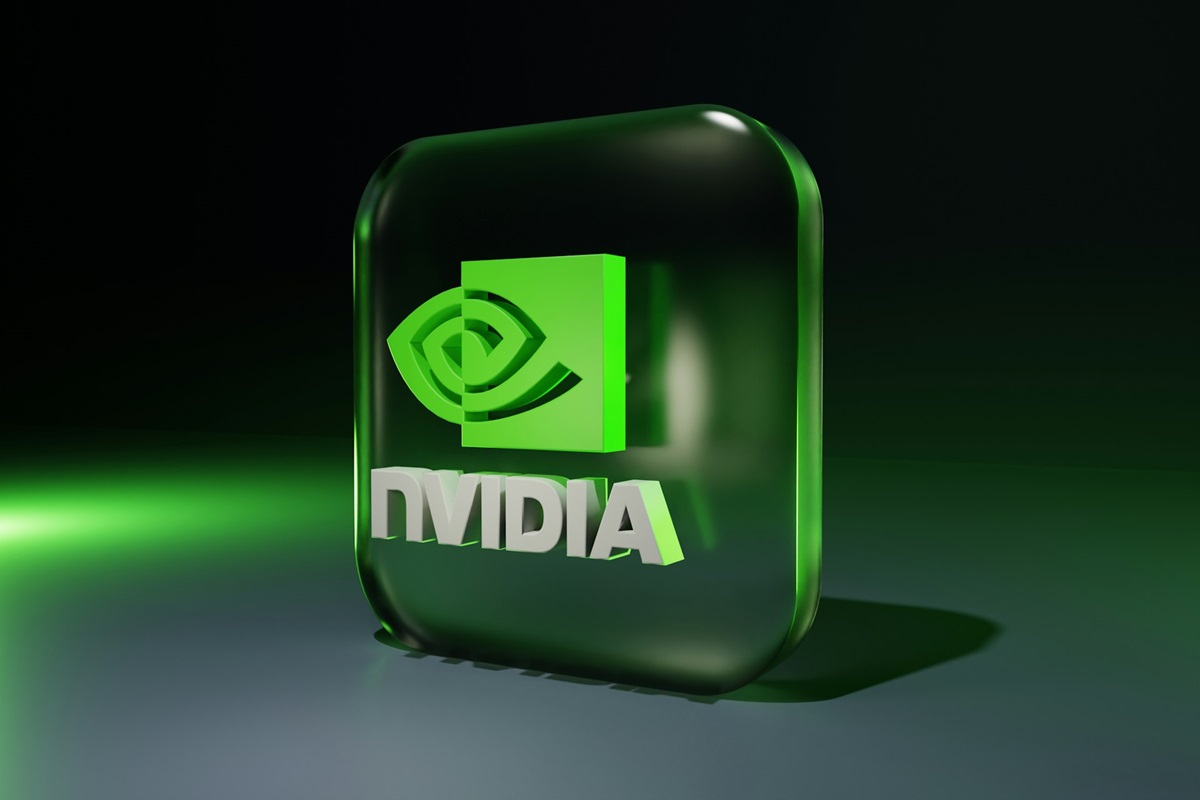Nvidia Corp. expands the scope of cooperation with technology consultant Accenture to drive the adoption of artificial intelligence in the business environment and boost orders for the chip manufacturer’s products.

As part of the collaboration agreement between the mentioned companies, Accenture will create an Nvidia Business Group that will help customers use and scale generative machine intelligence tools. The relevant information is contained in the joint statement of the participants of the cooperation, which was published on Wednesday, October 2.
Accenture has trained 30,000 experts on applying Nvidia technologies. The mentioned team of specialists will help customers deploy the appropriate technologies and quickly benefit from these functional solutions.
Currently, Nvidia chips are kind of the dominant product in the area of deployment of artificial intelligence hardware. In this case, the customers of the products are mainly owners of large data centers, including such technology giants as Microsoft Corp., Amazon.com Inc.’s AWS, and Alphabet Inc.’s Google.
Nvidia has launched a flurry of software, services, and hardware, which is aimed at making AI technologies more accessible and valuable to a wider set of users. To a large extent, the relevant efforts are aimed at expanding the materialization and further development of what the chief executive officer of the mentioned company Jensen Huang calls the new industrial revolution. In general, this is a fair thesis, since artificial intelligence is likely to become a new means of production. Moreover, a machine intelligence capable of fundamentally improving many workflows and having the potential for independent cognition of reality within the framework of an approach deeper than the capabilities of humankind consciousness can transform the world as a living space of human civilization in the economic aspect, social plane, and even cultural context.
Jensen Huang says that artificial intelligence will provide significant productivity gains in almost every industry, allow companies to become more cost- and energy-efficient, and expand revenue opportunities.
It is worth noting that Nvidia is one of the main beneficiaries of the so-called AI boom. In the summer of the current year, the company’s market capitalization crossed the historical mark of $3 trillion.
Accenture has already invested significant amounts of money in generative artificial intelligence. The company also launched its so-called AI Refinery in July, using Nvidia technologies. This product is designed to allow clients to build custom large language models to power artificial intelligence tools tailored to their industries. The company attributed its latest quarterly earnings growth to the high level of demand for its help in deploying generative machine intelligence.
Accenture’s head of AI Lan Guan says that currently nine out of ten organizations recognize the impact of generative artificial intelligence, but less than 10% of these structures have found a way to make it work for them yet.









